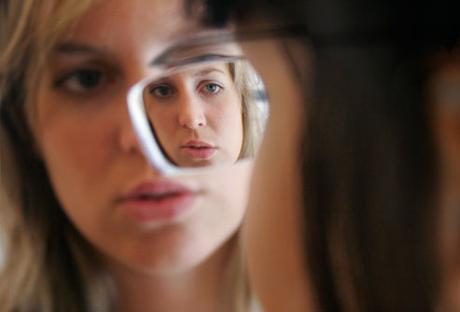Bipolar disorders, also called maniaco-depressive psychosis, are a group of disorders that cause mood fluctuations characterized by phases of depression and phases of excitement (mania) that can manifest in response to stress or for no apparent reason. Mood changes are a normal part of life. However, with bipolar disorders, the swings are more extreme. They become so intense that the person does not realize that he/she is not behaving normally or the person suffers so much from depression that he/she is paralyzed and overwhelmed by suicidal thoughts. These states may cause problems at work, with the family, with finances, and sometimes with legal authorities. Treatment for this disorder may require hospitalization.

Bipolar Disorder
Bipolar Disorder Symptoms
Manic episodes in bipolar disorder include heightened mood (could be euphoric or irritable), flight of ideas (racing thoughts and speaking rapidly, changing from one topic to another), increased energy, decreased need for sleep and hyperactivity. During a manic episode people may become easily distracted, talk very fast, take on an unrealistic number of new projects, have an unrealistic and grandiose belief in their abilities and engage in risky behaviors, such as gambling, drug abuse, or high-risk sexual activities, Krakower said.The average duration of the first manic episode is about three months. Manic episodes be further divided into different gradients of severity.In contrast to typical major depression, the depressive episodes of bipolar disorder often occur acutely, can take place over a few weeks and without significant precipitating factors. Aside from depressed mood, depression episodes may also be accompanied by sleep problems, apathy or agitation, loss of energy, suicidal thoughts and more, according to the NIMH.
Bipolar Disorder Causes
Biological differences
People with bipolar disorder appear to have physical changes in their brains. The significance of these changes is still uncertain but may eventually help pinpoint causes.
Neurotransmitters
An imbalance in naturally occurring brain chemicals called neurotransmitters seems to play a significant role in bipolar disorder and other mood isorders.
Inherited traits
Bipolar disorder is more common in people who have a first-degree relative, such as a sibling or parent, with the condition. Researchers are trying to find genes that may be involved in causing bipolar disorder.
Bipolar Disorder treatments
Light and dark therapy

Bipolar Disorder treatments
Like social rhythm therapy, light and dark therapy focuses on the sensitive biological clock in people with bipolar disorder treatment. This easily disrupted clock throws off sleep-wake cycles, a disturbance that can trigger symptoms of mania and depression. Light and dark therapy for bipolar disorder regulates these biological rhythms and thus reduces mood cycling by carefully managing your exposure to light. The major component of this therapy involves creating an environment of regular darkness by restricting artificial light for ten hours every night.
Mindfulness meditation
Research has shown that mindfulness-based cognitive therapy and meditation help fight and prevent depression, anger, agitation, and anxiety. The mindfulness approach uses meditation, yoga, and breathing exercises to focus awareness on the present moment and break negative thinking patterns.
Acupuncture
Acupuncture is currently being studied as a complementary treatment for bipolar disorder. Some researchers believe that it may help people with bipolar disorder by modulating their stress response. Studies on acupuncture for depression have shown a reduction in symptoms, and there is increasing evidence that acupuncture may relieve symptoms of mania also.
